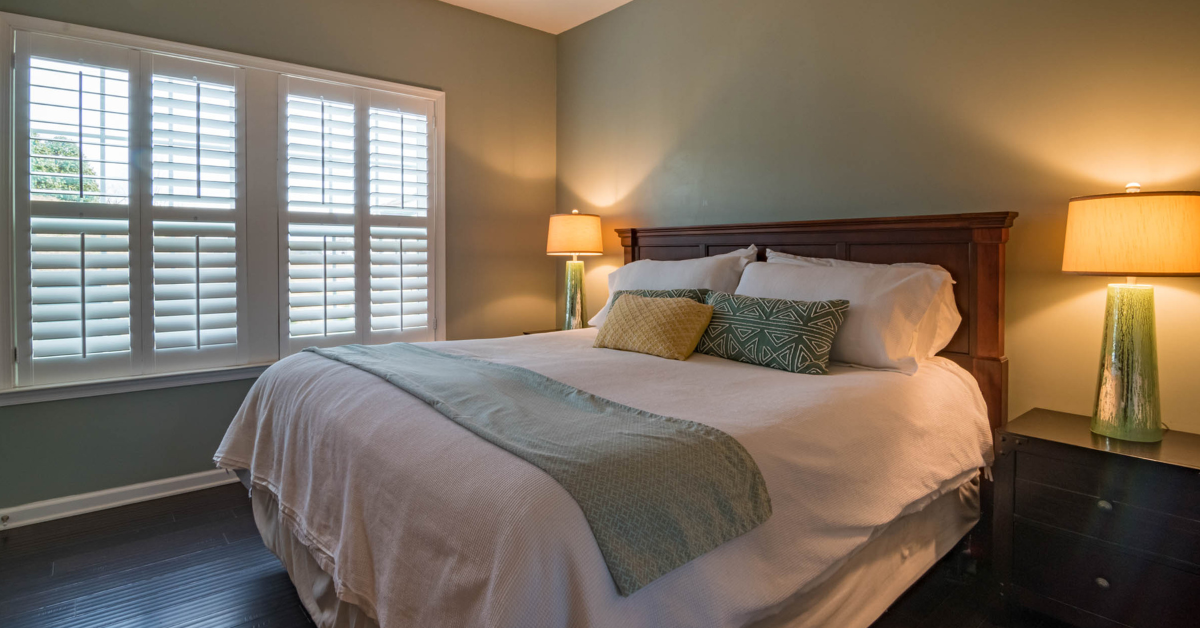
The Secret to Quick Property Sales: How Auctions Can Unlock Your Property’s True Value

*Collaborative Post
When it comes to selling a property, homeowners often face the dilemma of navigating a slow and unpredictable market. Traditional estate sales can take months, with no guarantee of a quick offer or sale. But what if there was a faster, more efficient way to secure a sale and potentially get a better price for your property? Enter property auctions—an option that offers sellers speed, certainty, and the potential for competitive bidding.
In this post, we’ll explore why auctions are a great alternative for homeowners, how the process works, and how you can get the most value out of your property by choosing this method.
Why Choose a Property Auction?
Speed and Certainty
One of the biggest advantages of selling through a property auction is the speed and certainty it offers. From start to finish, the process can take as little as 28 days. Once the gavel falls, the sale is legally binding, meaning there’s no room for deals to fall through. This is a huge benefit for those looking to sell quickly—whether you’re moving to a new area, going through a personal change, or need to free up cash for another investment. A Scotland property auction can offer this quick and reliable route to a successful sale, giving you peace of mind throughout the process.
Competitive Bidding for Higher Sale Prices
Unlike traditional sales methods where you wait for offers, auctions introduce a competitive bidding environment. Potential buyers will bid against each other, which can result in your property selling for above its reserve price. The auction format encourages motivated buyers who are ready to act quickly, ensuring that you get the best possible value for your property.
Transparency and Peace of Mind
The auction process is transparent and straightforward. Buyers can see exactly what they’re bidding on, and sellers can be assured that there’s no ambiguity about the price. Plus, there’s no long negotiation process—what you see is what you get. Once the highest bid is made, the deal is sealed, providing peace of mind for everyone involved.
How Does the Auction Process Work?
The auction process is fairly simple and is designed to move quickly. Here’s a step-by-step breakdown:
- Choosing the Right Auction House
The first step is selecting a reputable auction house. You want a company that understands the local market, has experience selling properties like yours, and offers a proven track record. Look for an auction house with excellent customer service and transparency about fees and commissions. - Setting a Reserve Price
Once you’ve chosen an auction house, you’ll work with them to set a reserve price. This is the minimum amount you’re willing to accept for your property. It ensures that your property won’t sell for less than you’re comfortable with, while still giving buyers the chance to place competitive bids. - Property Preparation
Just like selling through an estate agent, presentation is key when selling at auction. Make sure your property is clean, well-maintained, and free from any significant issues that might turn potential buyers away. For properties with specific needs, like damp issues, it’s often wise to consider professional damp removal services to ensure the home is in the best possible condition. This can increase buyer confidence and may help secure a higher sale price. - Marketing the Property
One of the major benefits of selling through an auction house is the marketing exposure. Reputable auction houses invest in extensive marketing campaigns, including online listings, social media promotion, and even print advertising. This ensures that your property reaches a wide range of potential buyers. - Auction Day
On the day of the auction, bidders will place their offers in real-time, either in person or online, depending on the auction format. The auctioneer will guide the process and ensure that everything runs smoothly. If the bidding exceeds your reserve price, the property is sold on the spot. - Post-Auction
Once your property is sold, the buyer typically pays a 10% deposit immediately, with the remaining balance due within 28 days. This fast turnaround makes auctions an ideal choice for those looking to close a sale quickly.
Common Concerns About Property Auctions
While selling through auction can be a fantastic option, some homeowners may have reservations. Let’s address a few common concerns:
- What if my property doesn’t sell at auction?
It’s rare, but sometimes a property may not sell at auction. However, many auction houses will allow you to relist your property in a future auction or discuss alternative selling strategies. The key is to work with an experienced auction house that can advise on the best approach. - What are the costs involved?
Auction houses charge a listing fee, as well as a commission on the sale price once the property is sold. These fees are generally clear upfront, so there are no hidden costs. The trade-off is that you get a quick sale, which can be well worth the cost. - Is auction a good choice for every type of property?
Property auctions are ideal for many types of properties, including homes in need of renovation, commercial properties, and land. They work well for properties that might not appeal to traditional buyers or those that are in a more niche market. However, the auction process may not be ideal for everyone, and it’s important to evaluate your property’s marketability.
Final Thoughts
Selling your home at auction is an efficient and transparent way to secure a sale quickly and for a competitive price. The speed and certainty of the process, combined with the competitive bidding environment, can often lead to better results than traditional sales methods.
If you’re considering selling your property, whether it’s a home in need of repairs or a commercial plot, property auctions can be an excellent solution. By preparing your property properly and choosing a trusted auction house, you can unlock your property’s true potential and ensure a swift and successful sale.
*This is a collaborative post. For further information please refer to my disclosure page.




